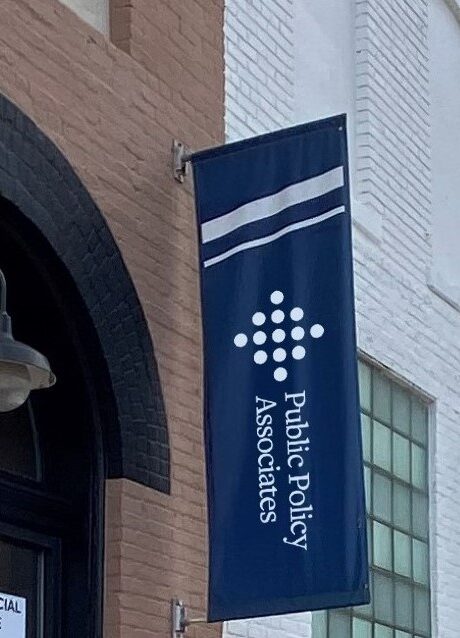
Michigan families have long struggled over access to afterschool and summer learning programs. In order to better understand the current landscape, the Michigan Afterschool Partnership (MASP) engaged Public Policy Associates (PPA) to conduct a study of out-of-school time (OST) programs in Michigan.
PPA’s analysis points to stark inequalities in access to OST programs for lower-income and Black youth. Counties with the largest number of Black or lower-income youth had less access to OST programs than predominantly white and higher-income counties (as indicated by the ratio of potential youth participants per provider.)
For the full findings, see the report and dynamic maps on MASP’s website.
Erin Skene-Pratt, Executive Director for MASP, says, “Despite increased support and the expansion of afterschool programs across the state, many families continue to lack access to care. This research shows where the gaps are the greatest.”
Using data collected from a survey of state and local community-based organizations and from the U.S. Census Bureau, PPA helped identify the locations of over 4,700 OST programs across the state. PPA also mapped the provider landscape statewide and in Southeast Michigan using ArcGIS geoprocessing tools. Based on the data from the project, PPA’s researchers were able to determine where the providers are—and where gaps exist in terms of demographics.
The project, funded by the Michigan Department of Education, the Charles Stewart Mott Foundation, the Skillman Foundation, and the Ralph C. Wilson, Jr. Foundation, has helped identify the likely shortfall of OST programs in Michigan. PPA also created a crosswalk of existing databases and secondary research to create a common framework for future data collection and reporting.
To learn more about the data project or PPA’s work on education-related issues, contact Daniel Quinn, Director for Education Policy at dquinn@publicpolicy.com or (202) 854-8077. To learn more about MASP’s work, contact Erin Skene Pratt at erin.skene-pratt@uwmich.org.

